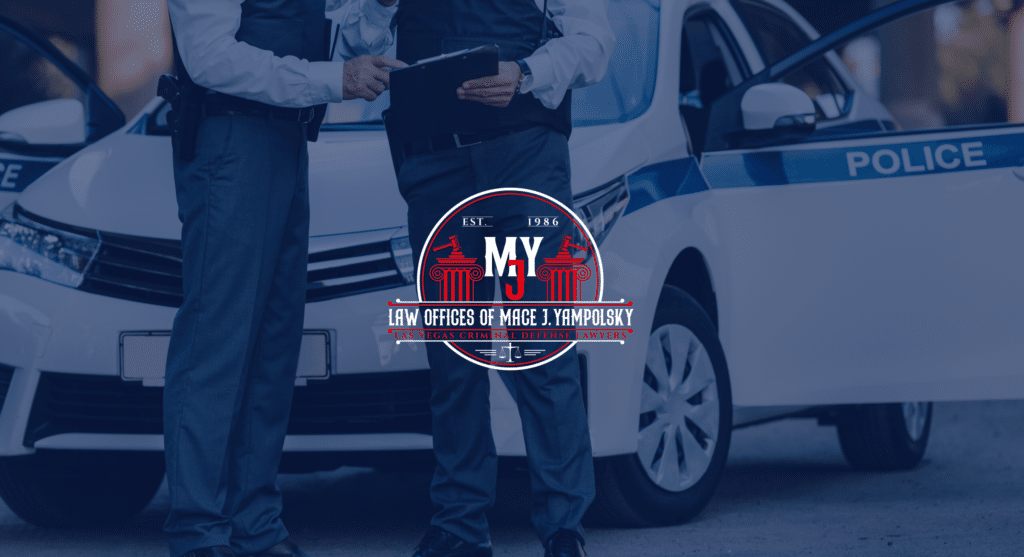People should be proactive. They should not drink and drive. They also shouldn’t smoke, overeat or speed,
but it happens. People attend parties and although there is nothing illegal about consuming alcohol,
sometimes they drink a bit too much. They could be convicted of a DUI, if they were drinking and driving
and over the legal limit.
Drivers are typically pulled over for DUI because they have committed some traffic offense. The officer
would need to have reasonable suspicion that a traffic offense had occurred. This is not a very high
standard. If someone was weaving between lanes or if they blew through a stop sign or they were speeding
or committing a traffic violation of that nature, then the officer would have the right to pull them over.
Interestingly enough, certain kinds of driving would not be considered traffic offenses, for example if
someone was weaving within one lane. It would also not be considered a traffic offense. Or if the driver
made a turn without using their turn signal but there was absolutely no traffic that is not a traffic offense.
In case a traffic offense had occurred, the officer would come over and ask the person to roll down their
window. He would ask to see the person’s license, registration and proof of insurance. If officer suspected
that the driver had been drinking, he would first be looking for signs of impairment i.e. whether the person
was able to do this without any problems. If he or she was fumbling, uncoordinated or confused, the
officer would take this as a sign of being under the influence. They always ask the person whether he or
she had been drinking. Usually there is an odor if the person had been drinking. Although some people
claim there is no odor when drinking straight vodka. I disagree.





